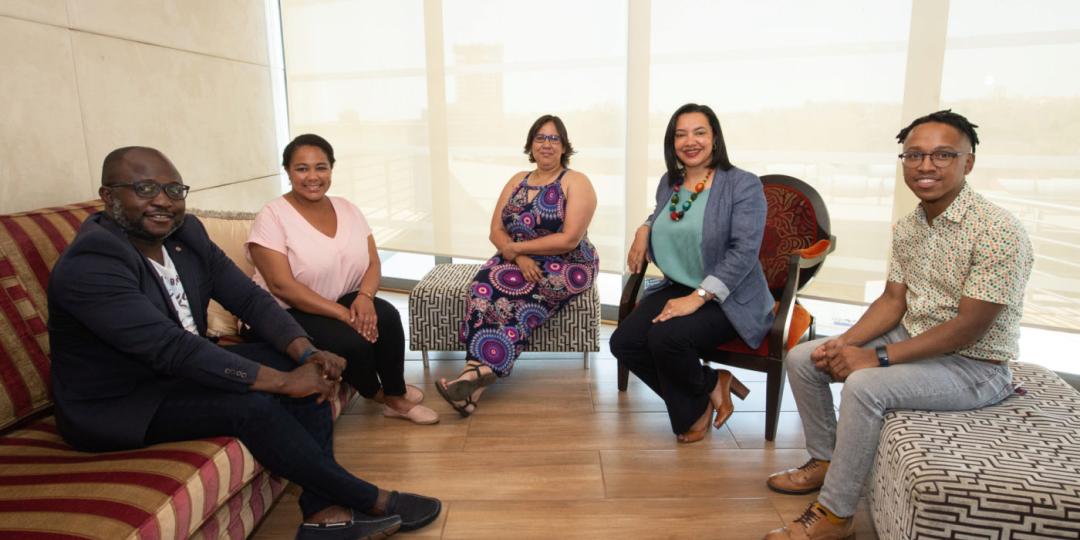Tourism and hospitality tertiary institutions are working to strengthen ties with the industry, with the University of Johannesburg (UJ) School of Tourism and Hospitality (STH) a founding partner in the EU-funded SUCCESS Project.
Partnering universities are: Haaga Helia University of Applied Sciences (Finland), University of Pretoria (South Africa), University of Oulu (Finland), University of Zululand (South Africa), Sheffield Hallam (UK) and the University of Johannesburg.
Director of UJ STH, Diane Abrahams, said the project was funded by a grant from the EU’s education and training funding programme, following a successful proposal from the partnering higher education institutions (HEIs). “Toward the end of 2018, beginning of 2019, I worked with our distinguished visiting professor, Prof Jarkko Saarinen from the University of Oulu and some other partners including Haaga Helia Applied Sciences in Finland, University of Pretoria in putting together a project application for Erasmus+. The kick-off of the project took place in Finland during the first week in February 2020,” said Abrahams.
“The project is important in the SA context as we need to ensure at HEIs that we have relevant programmes and that we produce both market-ready, ‘employment-creating’-type graduates that will help grow the economy and deal with issues of youth and graduate unemployment.”
The project is looking at enhancing the ‘knowledge triangle’ between businesses, HEIs and the students. Tourism and hospitality educators will learn new methods to enhance learning and work readiness. Students will gain professional networks from enterprise co-operation, and tourism and hospitality enterprises will develop resources that benefit customers and employees, and have an opportunity to identify possible talents among the students for future recruiting.
The project would run for three years, said Abrahams: “The learning at university will be improved, with a focus on complex problem solving, development of soft skills, focus on competencies and meta-competencies through enhanced learning [technology as an enabler], mentoring schemes, and lecturers spending time in industry on a possible work rotation.
“To some degree the programme will also encourage individuals to take responsibility for their own learning and, through working in teams and with industry, have a better understanding of their own strengths and competencies and those of the team,” concluded Abrahams.























